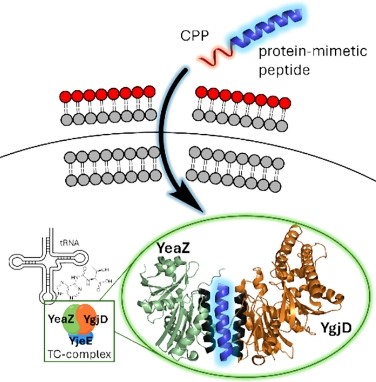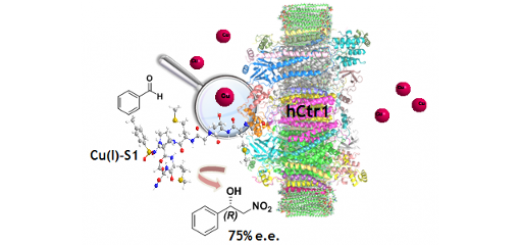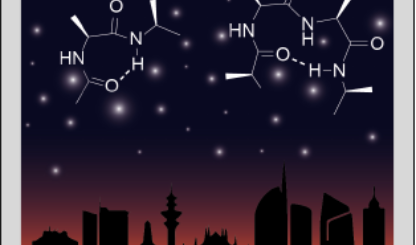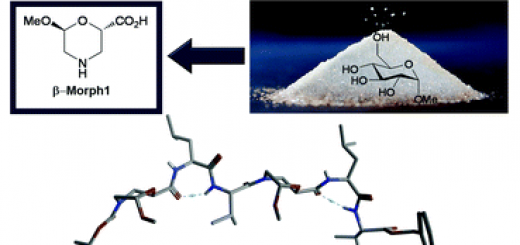Impairing protein–protein interactions in an essential tRNA modification complex: An innovative antimicrobial strategy against Pseudomonas aeruginosa

Protein–protein interactions (PPIs) have been recognized as a promising target for the development of new drugs, as proved by the growing number of PPI modulators reaching clinical trials. In this context, peptides represent a valid alternative to small molecules, owing to their unique ability to mimic the target protein structure and interact with wider surface areas. Among the possible fields of interest, bacterial PPIs represent an attractive target to face the urgent necessity to fight antibiotic resistance. Growing attention has been paid to the YgjD/YeaZ/YjeE complex responsible for the essential t6A37 tRNA modification in bacteria. We previously identified an α-helix on the surface of Pseudomonas aeruginosa YeaZ, crucial for the YeaZ-YeaZ homodimer formation and the conserved YeaZ-YgjD interactions. Herein, we present our studies for impairing the PPIs involved in the formation of the YeaZ dimers through synthetic peptide derivatives of this helical moiety, both in vitro with purified components and on P. aeruginosa cells. Our results proved the possibility of targeting those PPIs which are usually essential for protein functioning and thus are refractory to mutational changes and antibiotic resistance development.








comments